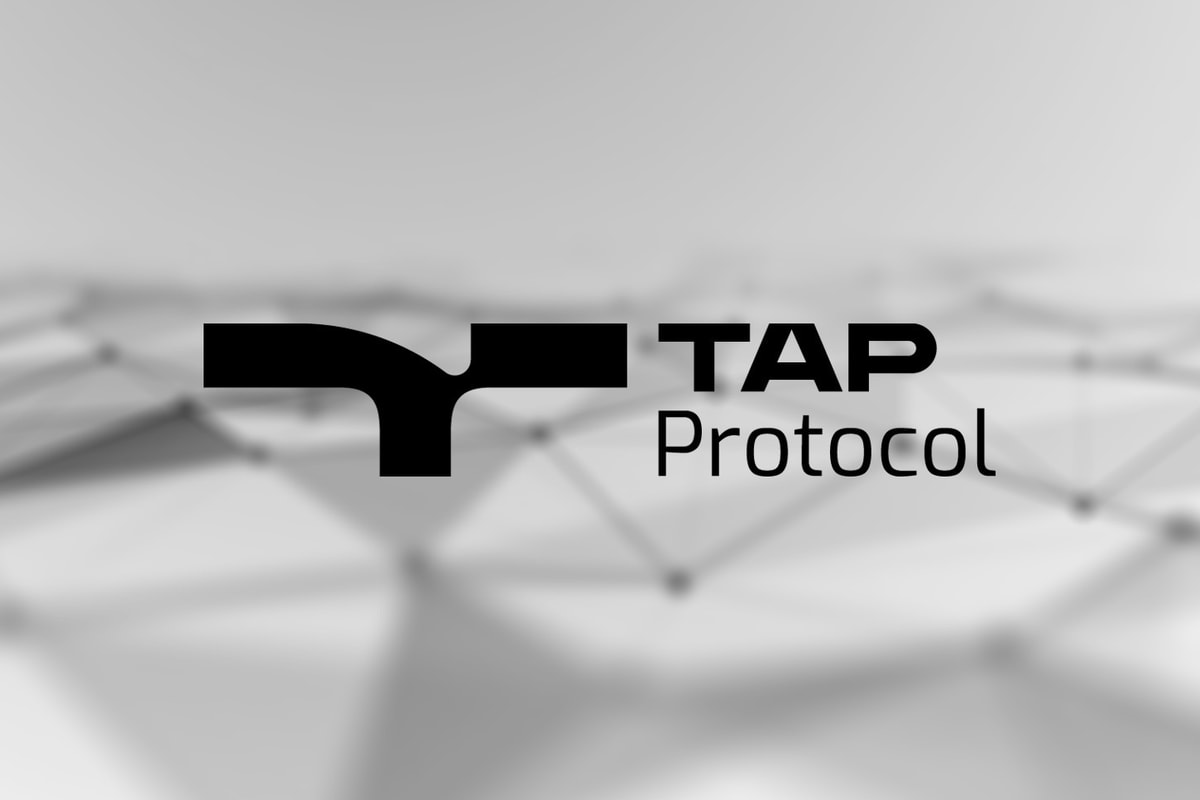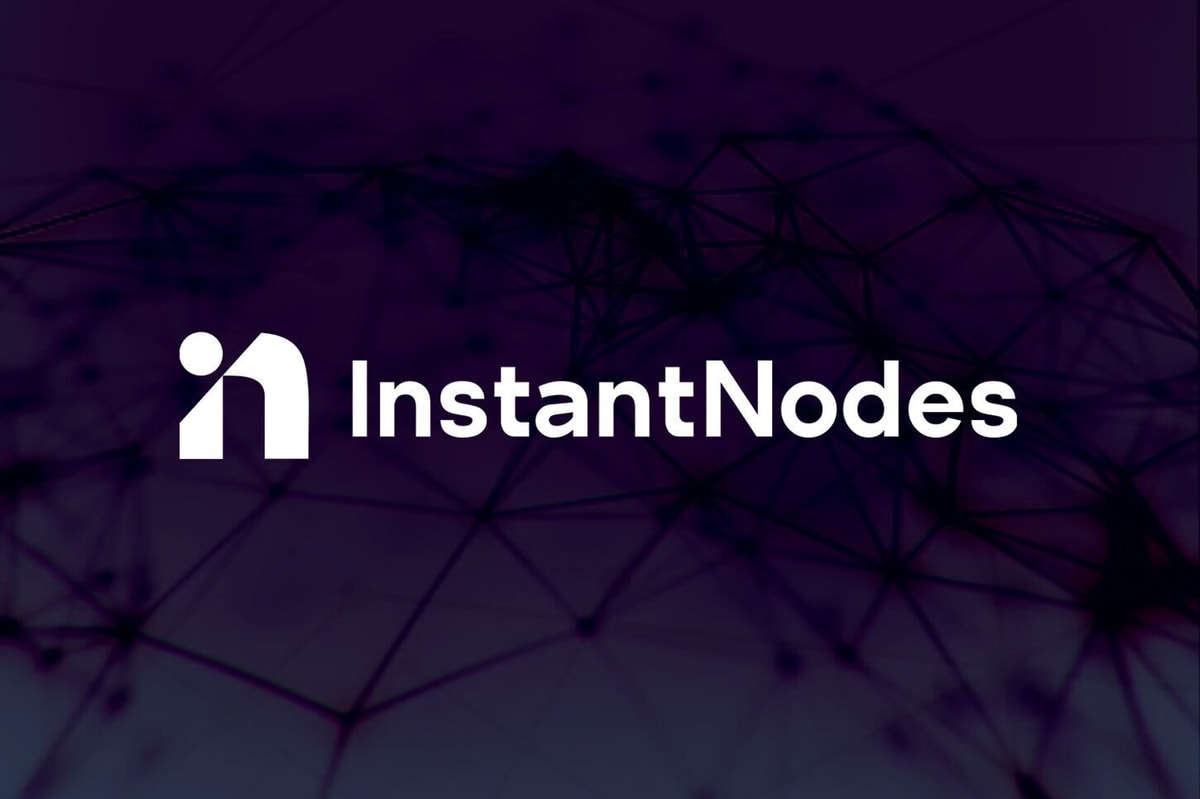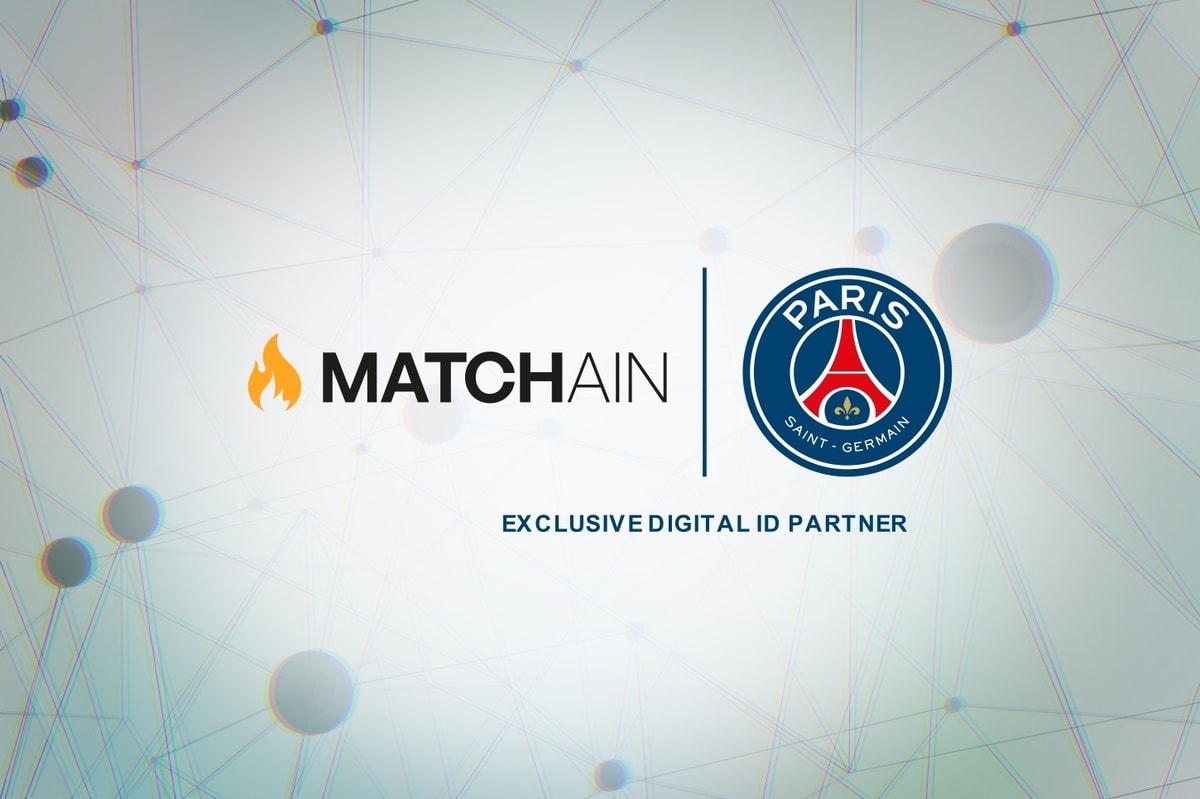On March 31, Cointelegraph China held an online interview with Fox Lee, product architect of Bagels Finance, Emily Sit, marketing director, and Eric Wang, financial consultant, to join the weekly Hub event.
During the event, the Bagels Finance team revealed that it is building the first cross-chain leveraged yield farming protocol for the decentralized finance space, believing the future of DeFi is bright. While several new products, such as algorithmic stablecoins and smart pools, have been developed, he thinks what Bagels Finance is going in the right direction in terms of the future of decentralized finance.
Lee said Bagels Finance is deployed on Heco and Binance Smart Chain, and there is a leveraged liquidity mining cross-chain lending agreement on Ethereum’s layer two as well. Bagels’ platform integrates various mainstream liquidity mining strategies and provides users with mining income up to 10 times in leverage through mortgage allocation.
According to Lee, Bagels’ main agreement is a leveraged lending agreement, so the user’s deposit interest rate will be higher than that of the lending platform with an excess mortgage because Bagels’ deposit fund pool makes it possible for the user to borrow more money. The maximum utilization rate can be as high as 99%.
In addition, Lee continued that Bagels has non-destructive and leveraged mining. In this way, the deposit income will be higher than that in the market, and the borrowing interest rate of borrowers will be lower than that in the market. Moreover, it can increase the mining income up to 10 times in leverage, which meets the needs of depositors and miners in the market. This is just the demand of the current market.
Lee also believes that liquidity mining in the DeFi ecosystem will exist for a long time, and the number of assets that provides liquidity lock-in is constantly growing. He pointed out that in the entire DeFi market, there are two types of people: one is the depositor pursuing a high-interest rate, the other is the miner pursuing a high APY. He explained that on the Bagels platform, the needs of these two types of people can be met at the same time. He explained that:
“Bagels users can obtain not only a high deposit interest rate and high mining income but also a non-destructive deposit mining income and leveraged transaction mining income. According to the share of deposits and borrowed money, they can get the corresponding Bagel governance token reward.”
According to the team, in the token economy model design, 60% of the Bagels tokens are used for mining loan transactions and LP liquidity; 7% is used for ecological incentives and airdrop; and 40% of the proceeds of Bagels’ entire platform, including interest margin proceeds and transaction fees, is returned to Bagels as long as users pledge Bagel in the DAO smart contract.
All coin holders in the DAO governance community can get 40% of platform income dividends every day, while 20% of platform income is used to buy back and burn them every day.
Users with money can pledge Bagel to participate in the decentralized governance of the DAO, become members of the board of directors of Bagels, and receive 40% dividends of the platform’s income.
20% of the platform’s revenue is used to buy back and destroy Bagels tokens, which makes the circulation supply of Bagels deflate and the market value of Bagel greater. Buyback and burning can make the value of Bagel’s token appreciate; board dividends can attract more coin holders, lock bagel into the DAO board, reduce market circulation while making coin holders become shareholders of the Bagels platform, strengthen their faith in Bagel, and preach for Bagels in the world, said Lee.
Lee revealed that Bagels’ smart contract has entered the code auditing stage of an authoritative audit institution. It is expected that the code audit will be completed before April 10, and then the testnet of bagels v1 will be launched in mid-April. A week after the test, the mainnet will be launched.
When Bagels deployed on BSC, the token was launched on PancakeSwap for trading, and when it deployed on Heco, the token was launched on MDEX, said Lee. Bagels v2 will be launched in mid-May, and two new smart contracts will be added. One is a DAO governance smart contract that allows users to become a member of the DAO board of directors and to obtain platform profits and dividends.
The other is a new version of a leveraged liquidity mining loan agreement, which allows users to pledge the LP token obtained by the liquidity pool as a collateral position to leverage mining. The Dokodoa cross-chain aggregation agreement will be officially launched in late May to connect the digital assets of Ethereum, BSC and Heco, realize cross-chain transfers, cross-chain liquidity mining and cross-chain smart pool.
Sit told Cointelegraph China that Bagels has completed the first round of institutional financing. The participating institutions are well-known crypto funds in North America, China, Hong Kong, South Korea and Singapore. She also revealed that important partnerships will be established. She added that:
“We are discussing strategic cooperation with Alchemix, a popular overseas project in China, which is called alchemy [...] Now the liquidity of the capital pool is locked at $160 million because Bagels can provide better depth for Alchemix liquidity through the cross-chain agreement of Dokodoa so that users of Bagels’ platform can earn ALCX token rewards.”
According to Wang, the core team of Bagels is from Merkle Labs, and Bagels finance is also deeply incubated and provided with technical support by Merkle Labs. Merkle Labs focuses on the research and development of DeFi products. Since the beginning of 2020, it has developed more than 40 DeFi products, including a decentralized exchange, loan financing, an income aggregator, liquidity mining, algorithmic stable currency, cross-chain agreement and nonfungible tokens.











